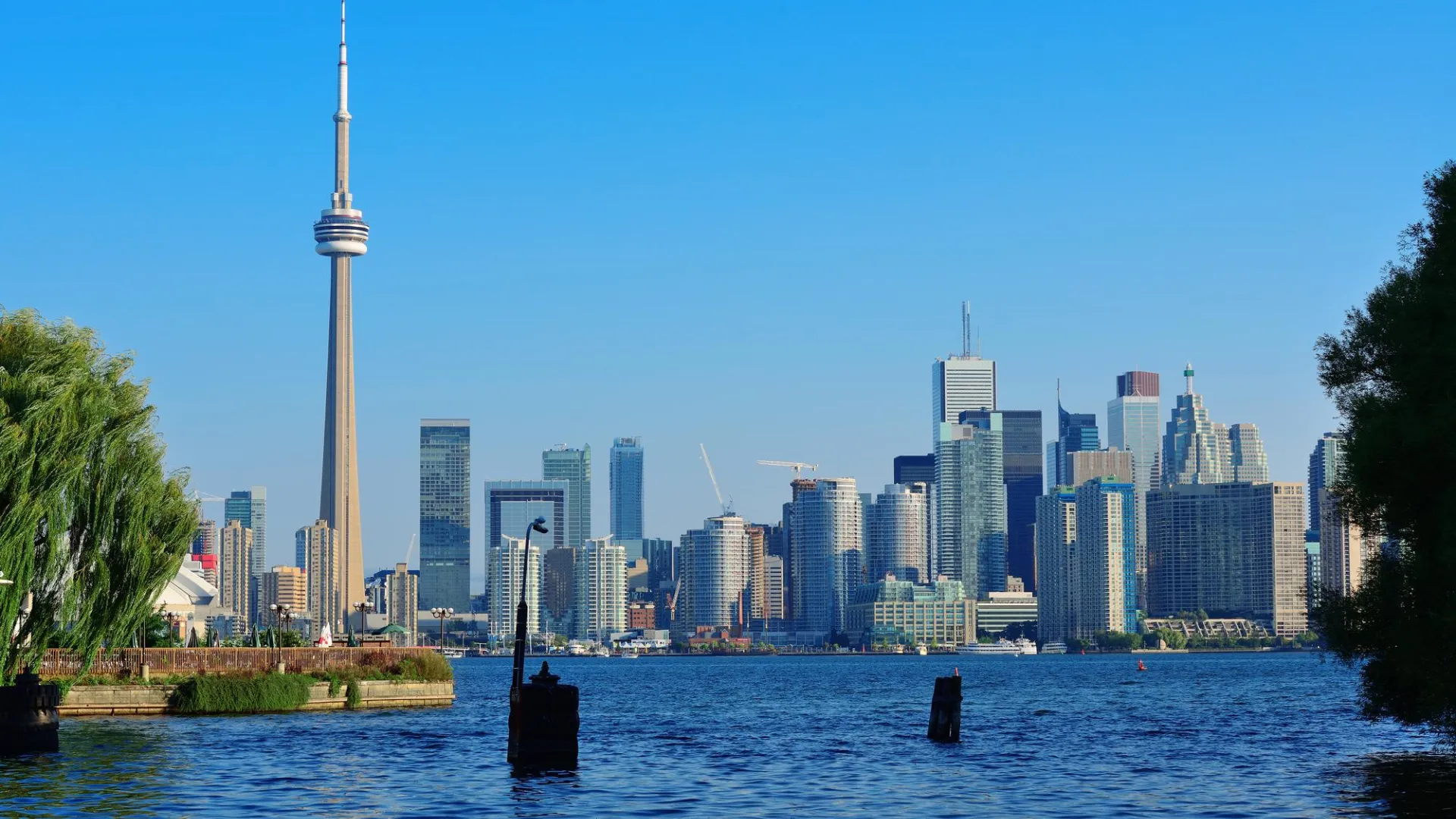As Toronto, Canada’s largest city, continues to evolve, so does its real estate landscape. With a rich tapestry of cultures, a robust economy, and a growing population, the city’s real estate market is poised for transformation in the coming years. In this blog post, we’ll explore the key factors shaping the future of real estate in Toronto and what both investors and residents can anticipate.
Rise of Smart and Sustainable Infrastructure
Toronto is increasingly becoming a hub for innovation and technology. As the city embraces smart city initiatives, the real estate sector is expected to follow suit. Smart buildings equipped with advanced technologies for energy efficiency, security, and connectivity are likely to become the norm. Sustainable and eco-friendly construction practices will also gain prominence as the city strives to reduce its environmental footprint.
Shift in Housing Trends
The demand for housing in Toronto is ever-present, but the type of housing in demand is evolving. With a growing preference for urban living, mixed-use developments that integrate residential, commercial, and recreational spaces are gaining popularity. Compact, well-designed condominiums and townhouses are likely to become more prevalent, catering to the needs of a diverse and dynamic population.
Accessibility and Transit-Oriented Development
As traffic congestion remains a challenge in Toronto, there is a heightened focus on improving public transportation. Transit-oriented developments (TODs) are expected to flourish, providing convenient living options for residents who prioritize accessibility. Proximity to transit hubs and the expansion of transportation infrastructure will likely influence property values and development choices in the years to come.
Diversity in Neighborhood Development
Toronto is renowned for its diverse neighborhoods, each with its own unique character. The future of real estate in the city involves the continued development of these distinct communities. Investors and developers are likely to focus on creating inclusive spaces that celebrate cultural diversity while fostering a sense of community. This trend aligns with the city’s commitment to social inclusion and equitable growth.
Adaptation to Remote Work
The COVID-19 pandemic has accelerated the shift towards remote work, prompting a reevaluation of the traditional office-centric model. As companies embrace flexible work arrangements, the real estate market is responding with a reimagining of office spaces. Expect a rise in flexible co-working spaces, shared offices, and a transformation in the design of residential spaces to accommodate remote work needs.
Impact of Government Policies
Government policies play a crucial role in shaping the real estate landscape. Measures to address housing affordability, zoning regulations, and urban planning initiatives will influence the trajectory of the market. Keeping an eye on policy changes and understanding their implications will be essential for both investors and homebuyers navigating Toronto’s real estate future.
Conclusion
In conclusion, the future of real estate in Toronto promises an exciting blend of innovation, sustainability, and adaptability. As the city continues to grow and change, so too will its real estate market. Investors, developers, and residents alike should stay informed about these trends and be ready to embrace the opportunities that the evolving real estate landscape in Toronto will undoubtedly present.
Should you wish to discuss this Blog please reach out to Eran Gevantschniter a real estate lawyer in Toronto at 416.777.6788 or [email protected]

